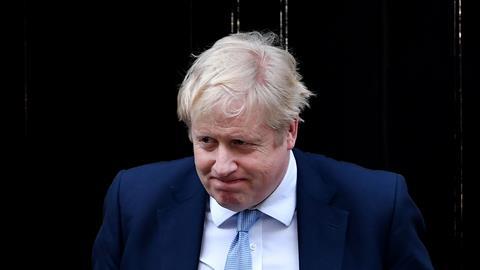Former prime minister Boris Johnson relied on media advisers rather than government lawyers to explain lockdown parties to parliament, MPs have concluded.
The privileges committee today published its 108-page report into the conduct of Johnson and in particular whether he misled the House of Commons over Downing Street parties held during the pandemic. The committee concluded that Johnson did mislead the house.
The prime minister had relied on repeated assurances that the rules had not been broken, but the committee found these were not appropriate to be cited as an ‘authoritative indication’ of compliance with Covid restrictions.
Johnson was asked during his evidence to the committee why he had sought assurances from his media advisers Jack Doyle and James Slack, about the Downing Street event that happened on 18 December 2020. He then relied on their responses in his two statements to the Commons in December 2021. He did not ask a lawyer or another senior civil servant ‘because they [Doyle and Slack] were the people who had been there, and... they could give a view about the legality of that event that I didn’t think a non-eyewitness would be able to do’.
The committee said it was ‘understandable, given the timing’ that Johnson’s initial comments were heavily reliant on the advice of his media team. But by the time the prime minister gave a second statement to the Commons a week later – during which time the issue of gatherings at Downing Street had dominated the news agenda – he had had a week to seek ‘more solid, legally-based and authoritative assurances’.
The committee, chaired by Harriet Harman, said Johnson ‘chose not to do so, but to double down on the answers he had given earlier’. It found Johnson’s conduct was deliberate and that he committed a serious contempt of the house. It recommended that if he was still an MP he should be suspended for 90 days.
Responding today, Johnson said the committee's report was 'mainly a rehash of their previous non-points'. Denying any unlawful behaviour, he said: 'The police investigated my role at all of those events. In no case did they find that what I had done was unlawful. Above all it did not cross my mind – as I spoke in the House of Commons – that the events were unlawful.'




























25 Readers' comments